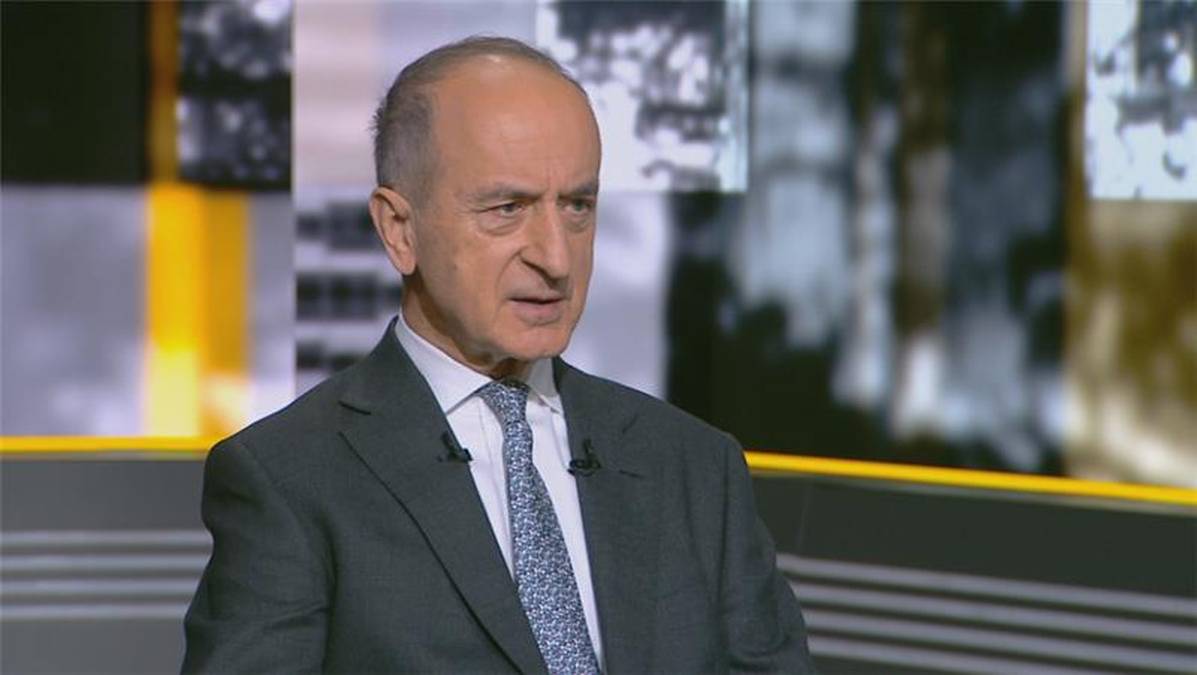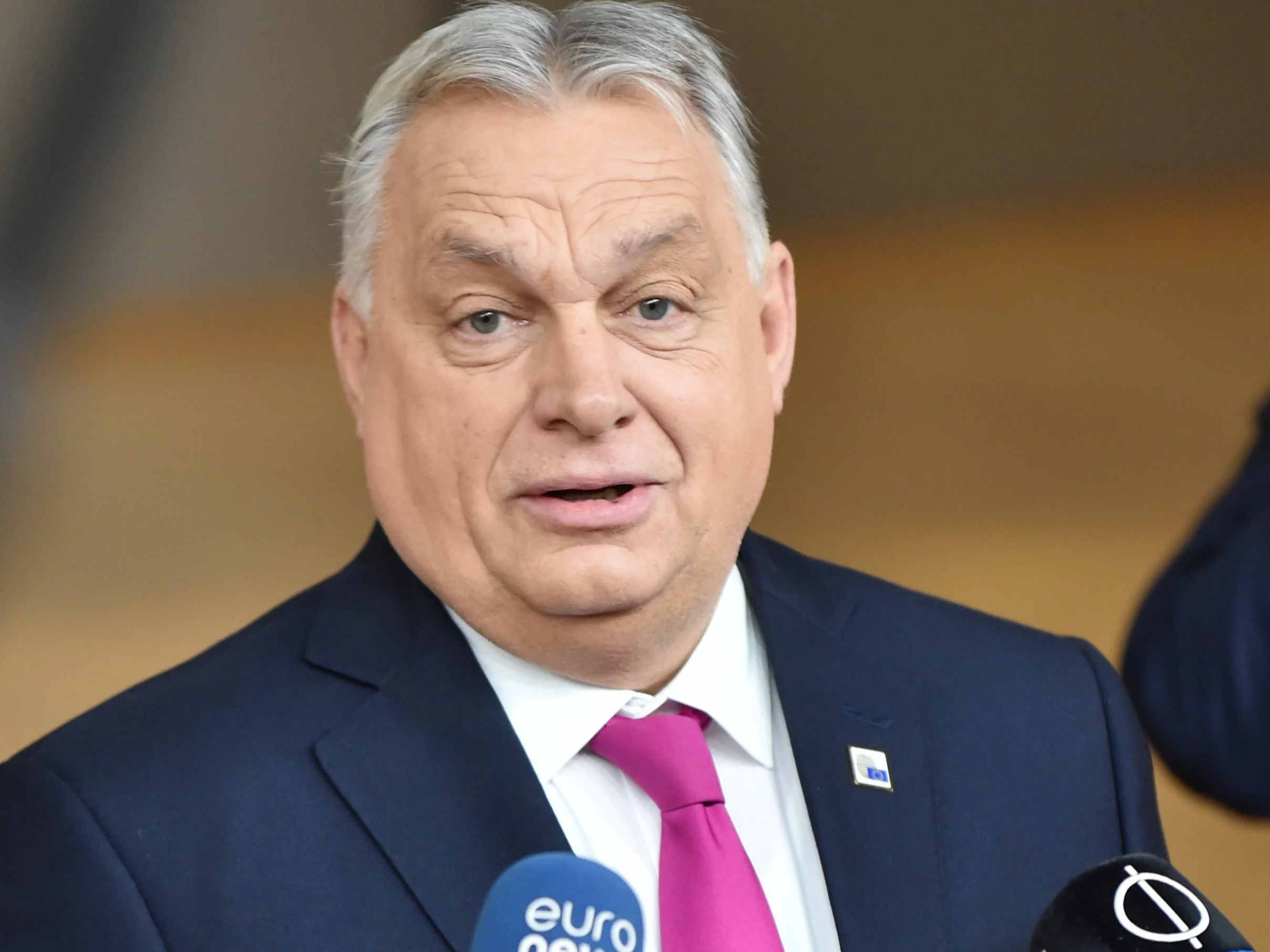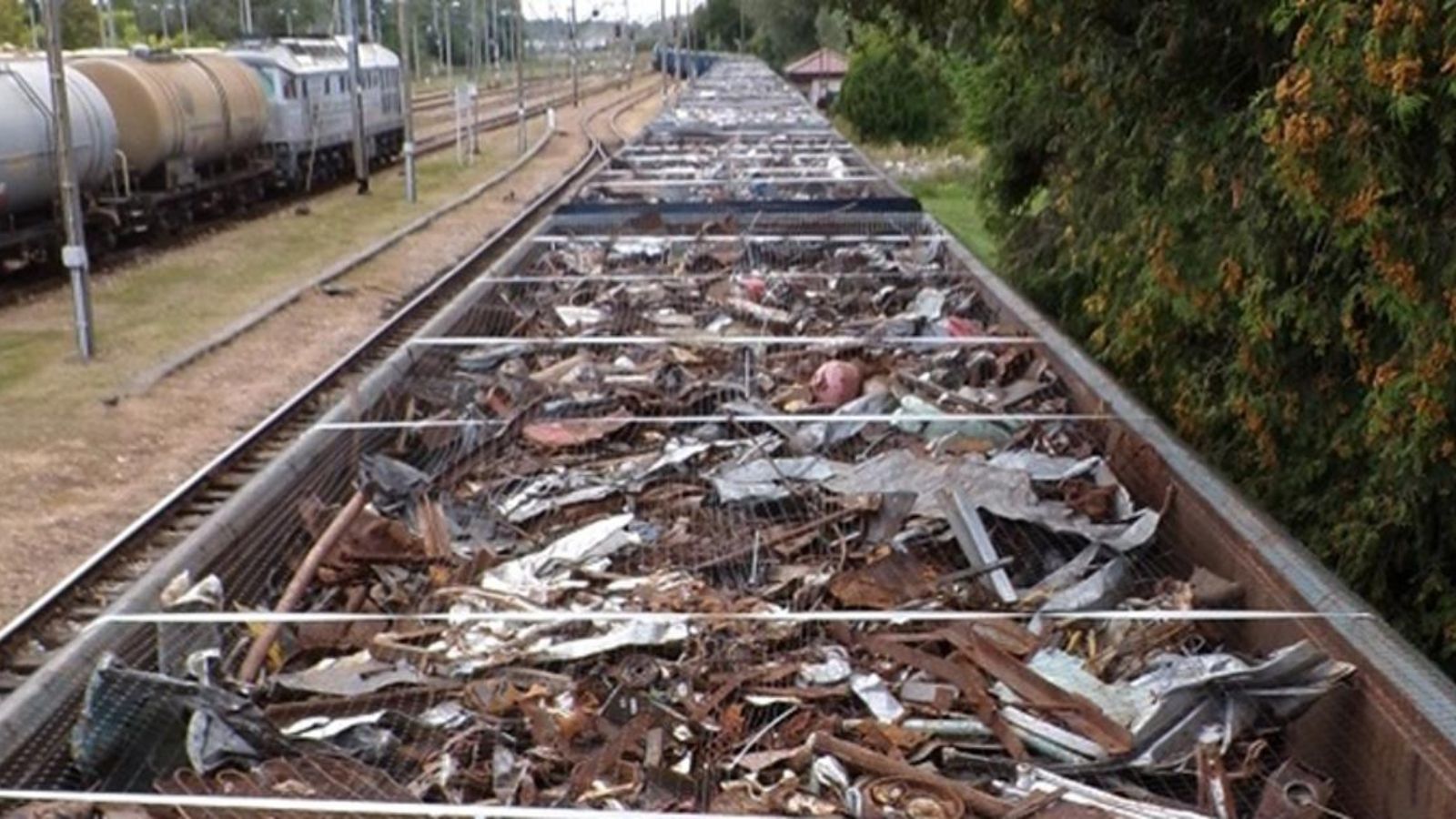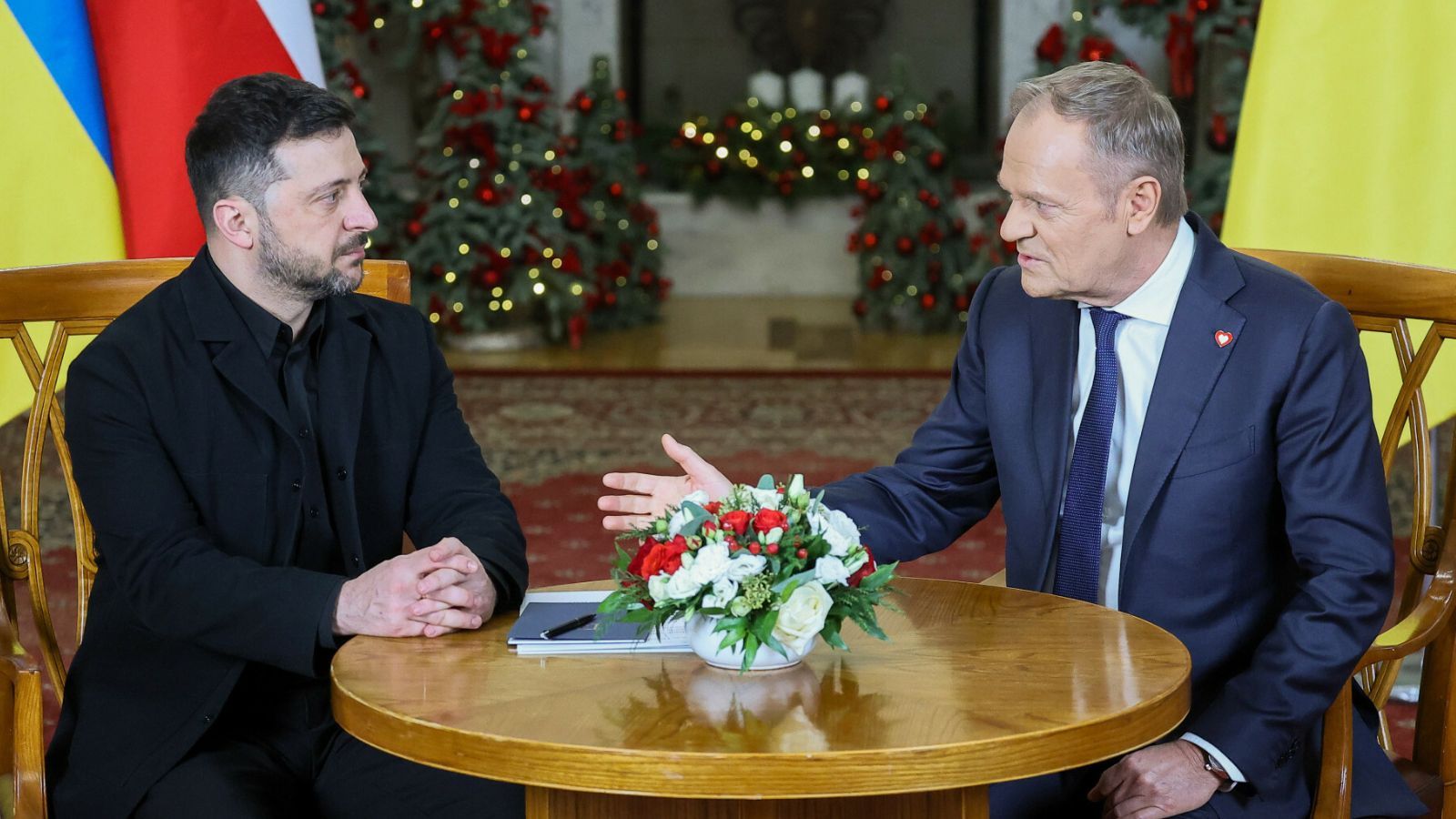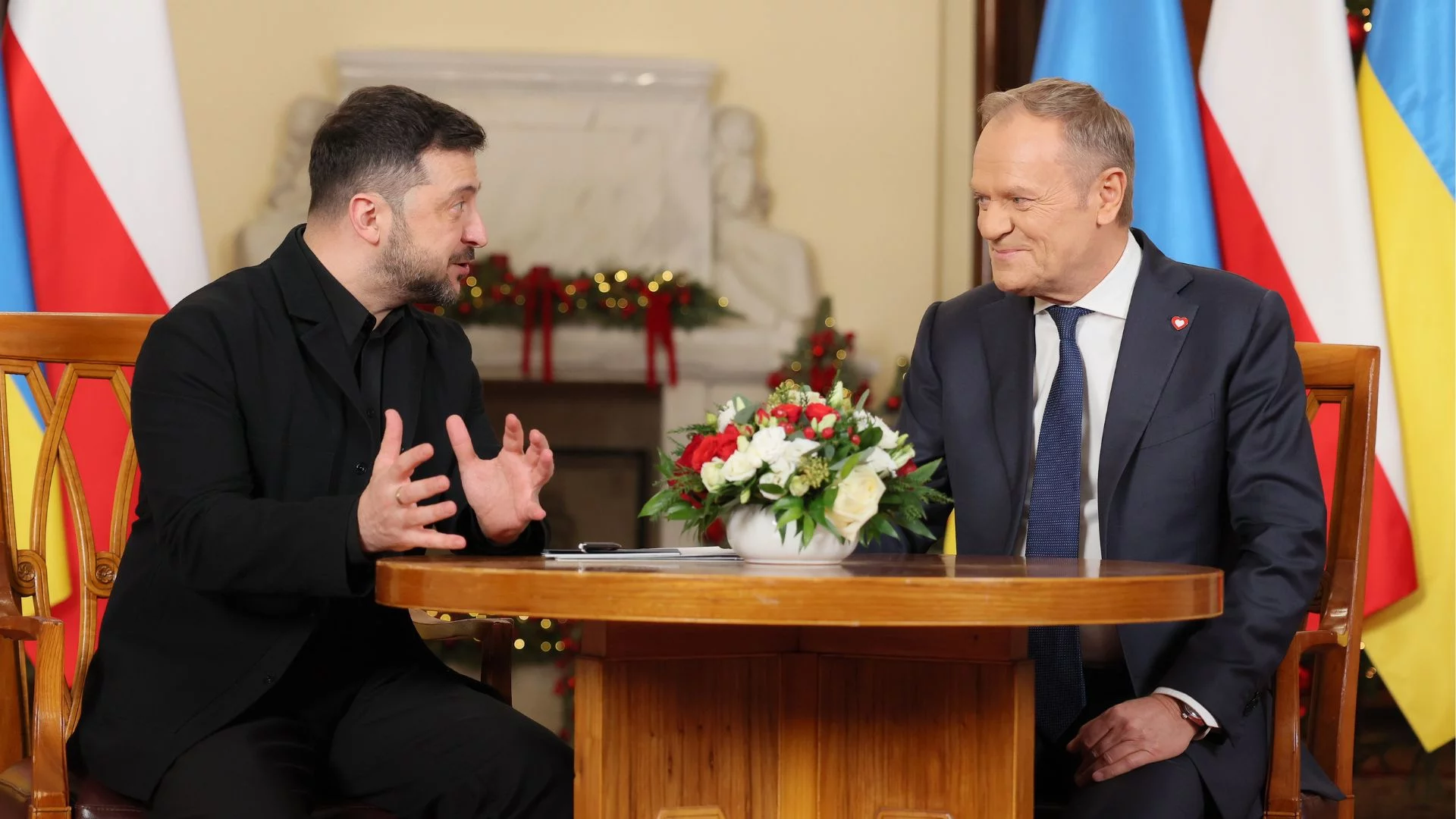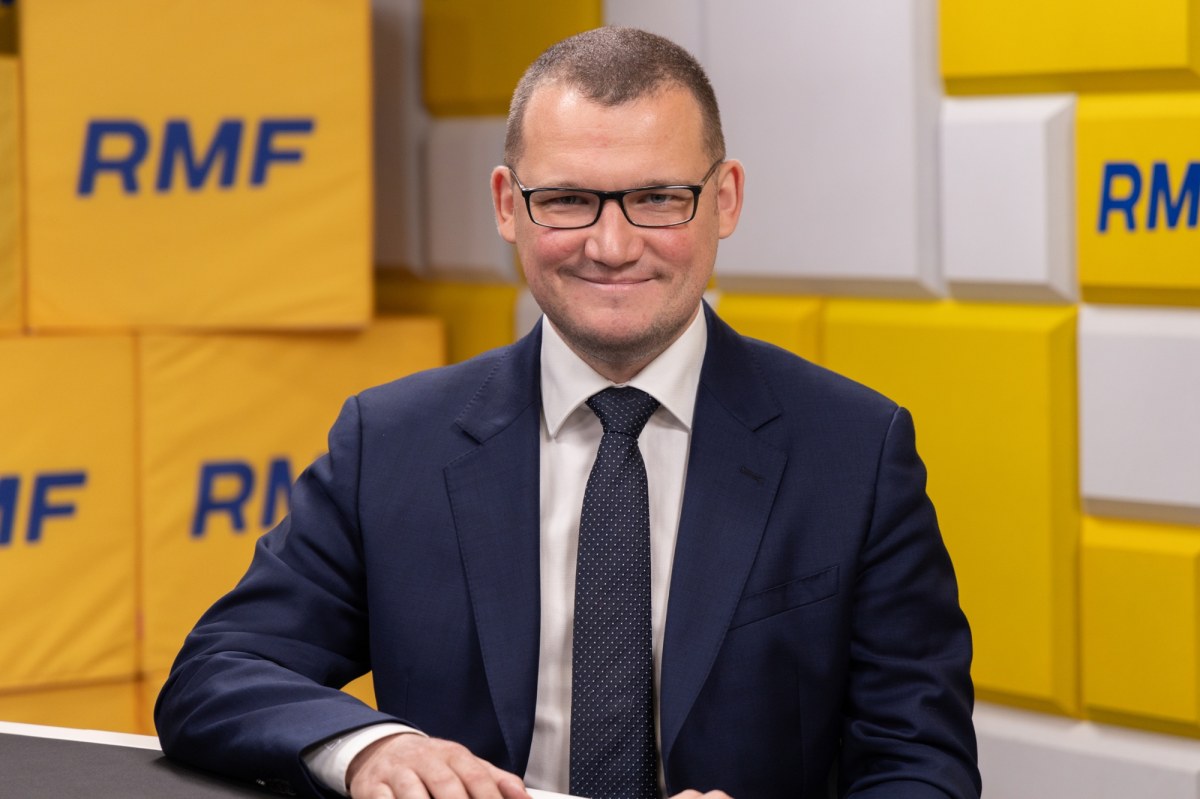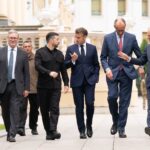
W The White home yet began to see Putin as an obstacle to a peaceful resolution of the conflict in Ukraine. According to interviewers from Bloomberg in the event of Russia's refusal to suspend arms, the United States and their allies are prepared to increase military support for Ukraine and introduce a fresh package of severe sanctions against Moscow.
Putin has now been put against the wall. This is simply a script that Europe has long hoped for.
‘Putin cannot set conditions’
According to sources of the information agency Bloomberg Washington and the most crucial European capitals are presently working on the final version of the 30-day ceasefire agreement in Ukraine.
The position of the United States is unchanging — Americans insist on unconditional ceasefire by both sides and direct negotiations between Moscow and Kiev without any preconditions.
While visiting Kiev on Saturday May 10 European leaders increased force on Russian president Vladimir Putin to agree to a 30-day ceasefire in Ukraine, informing that the West would impose further sanctions on Moscow and increase military support for Kiev if Moscow did not comply with the demands.
Most importantly, U.S. president Donald Trump supports European demands and is besides willing to contribute to the implementation and supervision of a possible ceasefire, at least that is what the European side says.
Putin must not put any “conditions or delays”, but must accept the ceasefire and work on a lasting peace agreement," said UK Prime Minister Keir Starmer after gathering German Chancellor Friedrich Merzem and politicians from France, Poland and Ukraine.
In consequence to Western calls Putin offered direct talks on Sunday May 10th evening between Russia and Ukraine. According to him, they would start next Thursday on 15 May in Istanbul.
‘This is simply a delaying manoeuvre’ — stated Emmanuel Macron, who indicated that an unconditional ceasefire is not, by definition, preceded by negotiations.
"It is simply a good sign that the Russians are yet reasoning about ending the war. Everyone in the planet has been waiting for this for a long time," wrote Volodymyr Zelenski, responding to Putin's statement.
‘The ceasefire will be supervised by the United States of America’
Leaders of the 4 supporting countries Ukraine arrived by train to Kiev to visit president Volodymyr Zelenski for over 9 hours. The gathering took place shortly after Kremlin spokesperson Dmitri Pieskov rejected calls for an extension of the ceasefire until the West ceased military support for Ukraine.
During the three-hour talks between the leaders at the Mary's Palace in Kiev, Macron took the initiative and He called Trump on a cell phone.to inform him and the another leaders of the course of the talks.
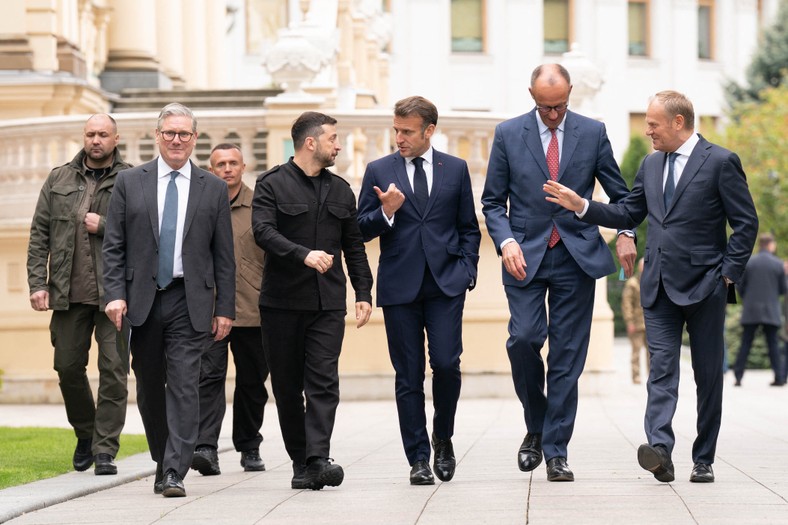 Stefan Rousseau / POOL / AFP / AFP
Stefan Rousseau / POOL / AFP / AFPFrom the left: Prime Minister of large Britain Keir Starmer, president of Ukraine Volodymyr Zelenski, president of France Emmanuel Macron, Chancellor of Germany Friedrich Merz and Prime Minister of Poland Donald Tusk are talking during a walk in front of the Presidential Palace in Kiev after a gathering of the “voluntary coalition” in the capital of Ukraine, 10 May 2025.
The proposed ceasefire will be "supervised mainly by the United States of America and all Europeans will be involved," said Macron journalists later.
The French president added that this would let for the "immediate launch" of negotiations on a "permanent and solid peace on territories, delicate energy infrastructure and, of course, safety guarantees".
Threat of further sanctions
German Chancellor Friedrich Merz said at a press conference in Kiev that "we are grateful to the president of the United States for full supporting our initiative." Later in separate comments to German journalists, he added that "the US government has committed to monitoring the ceasefire".
Two European officials present in Kiev praised the result of the gathering as a large success, especially since leaders managed to engage Trump and get his support, although 1 of the officials warned that the president of the United States tends to change his opinion rapidly.
Much depends now on how Putin responds to the demands of the West,” said officials who were given anonymity so that they could talk about private conversations. On Saturday, representatives of intelligence services in Kiev expressed concerns that Russia could launch fresh raids on the capital of Ukraine in the coming days, which would be a grim consequence to Western peace efforts.
A typical of the German government said that Merz and another leaders had recommended their abroad policy advisers to immediately launch preparations for a long-term peace agreement if Russia accepted calls for unconditional ceasefire.
Merz said that the leaders of respective another countries — from Canada to Turkey and fresh Zealand — joined the gathering in Kiev through video conferencing and support efforts to exert force on Putin.
The German Chancellor said that "a large coalition of willing from all over the planet is determined to introduce fresh sanctions against Russia" if Moscow does not agree to a ceasefire.
Zelenski said that sanctions would be directed at the Russian energy sector and the banking system.
No more talking about Taurus missiles.
During the press conference, Merz was besides asked if he would supply Ukraine with Taurus maneuvering missiles. erstwhile Chancellor Olaf Scholz consistently ruled out the transportation of these long-range weapons, which sparked a fierce political debate in Germany.
Merz tried to close the debate, arguing that he would not comment on specified issues. "The measures that we take together to end this war are not primarily the subject of public debate," he said.
The Merza government stated before the Saturday gathering that it would no longer inform about the kind of military support provided to Kiev, which means that Berlin will cease publishing detailed lists of weapons and ammunition sent to Ukraine, as reported by a German official.
The Merza squad calls this approach "strategic ambiguity", following Macrona, who introduced this concept last year. The thought is that Putin should not know what weapons are supplied (and in what quantities), and in the country should not be a controversial political debate that could weaken support. During the election run Merz, on the another hand, announced the transportation of this weapon to Kiev.
Zelenski agreed with Germany’s fresh communication line and answering the question about Taurus missiles, he said that he “would not want to talk publicly” about a peculiar weapon or its amount.
Another concrete consequence of the Saturday gathering is that Western allies want to increase financial and logistical support for Kiev, which will let the Ukrainian side to deliver more weapons specified as tanks, drones and ammunition, but besides long-range missiles.
One of the officials told POLITICO that Merz's participation in the Kiev gathering was very important, as the most crucial financial European state Germany will bear a crucial part of the cost of producing weapons for Ukraine.

